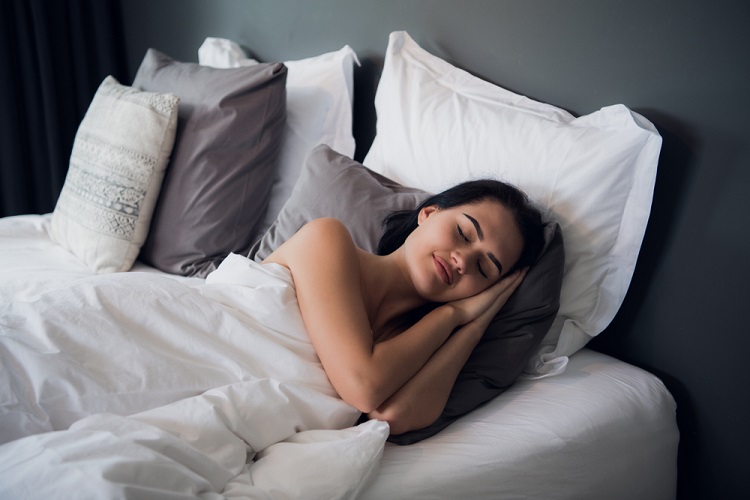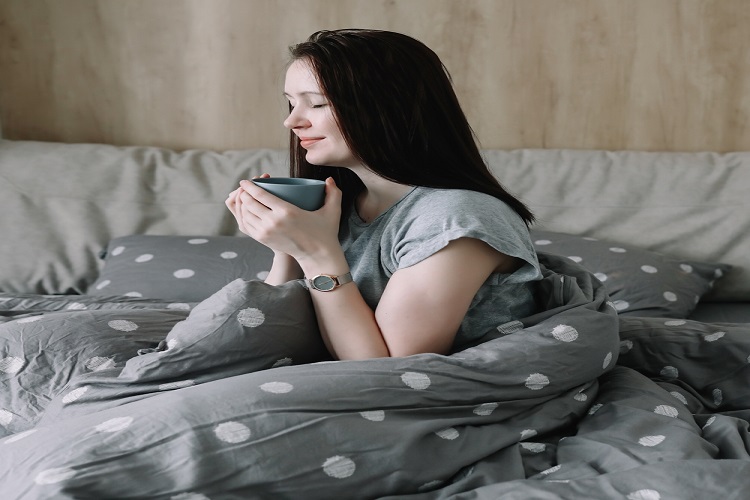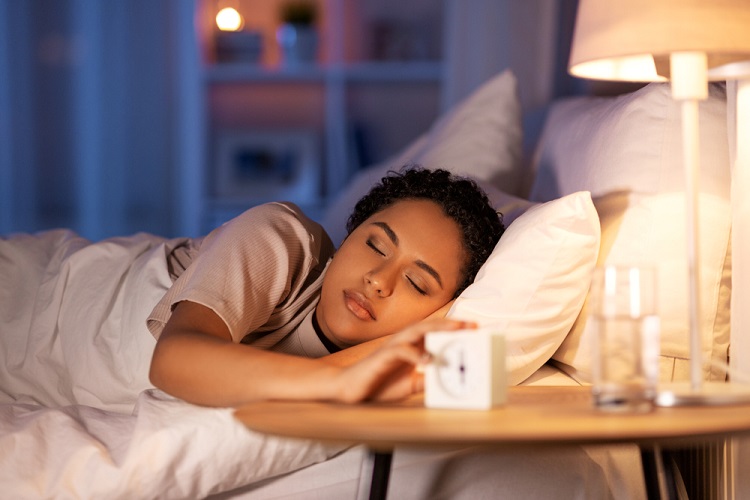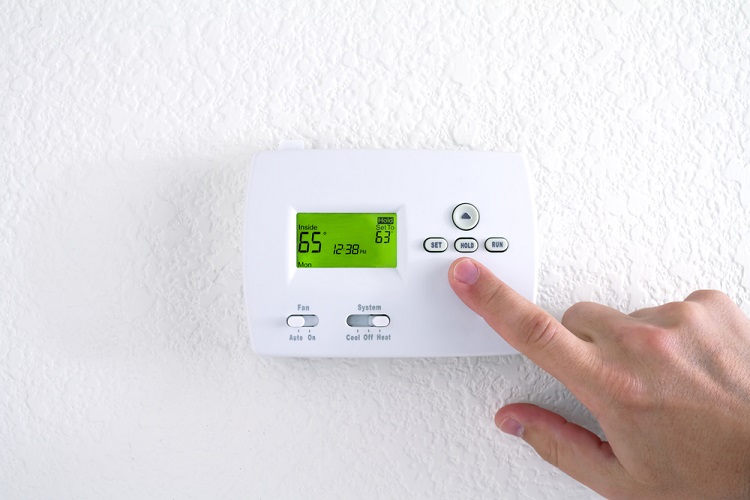Five Nighttime Rituals For Better Sleep
When most people reach adulthood, they abandon the idea of having a bedtime ritual. The practice of creating a bedtime routine can seem more appropriate for young children. However, the truth is that good nighttime habits are just as beneficial for adults as they are for kids, if not more so.
One of the wisest and most caring things you can do for your body and mind is to establish a healthy, peaceful nighttime routine for yourself. The majority of adults spend their days operating at full mental and physical capacity. By developing a suitable routine, you’ll give yourself the opportunity to calm down, decompress, and refocus your attention on what matters most to you.
Making up your own nighttime ritual has several benefits, one of which is that it is tailored to your requirements. Stress from the workplace and at home has been identified as some of the main causes of sleep anxiety. By calming your body and mind and getting yourself ready for a good night’s sleep, a nightly routine can help you deal with your stress levels.
Let’s look at five essential bedtime rituals you should incorporate into your nightly routine.

Relax With A Warm Drink
Warm beverages are calming and comforting, and they can help you sleep better. Try a beverage with proven sleep-enhancing properties, such as chamomile tea, which has been used for centuries to treat insomnia and sleep problems.
Turmeric is widely regarded as having the power to improve sleep quality as well. This superfood, which is rich in curcumin, gives the body the antioxidants it needs to fight free radicals and rebuild tissues overnight while also reducing inflammation and pain. To avoid getting an unnecessary energy surge, use a low-carb sweetener in place of sugar when adding a sweetener to a bedtime beverage.

Set An Alarm For Your Nighttime Routine
Success is mostly dependent on consistency, especially when trying to develop a new routine or habit. Start your sleep ritual at the same time each night to help create a consistent nighttime pattern.
On your smartphone, set the alarm or notification to remind you of your daily schedule every day from Monday through Sunday. This alarm will serve as a reminder for you to turn off all blue light-generating electronics and begin winding down for the night.

Limit Your Exposure To Blue Light
Strong blue light is emitted from the screens of our laptops, computers, smartphones, and televisions, stimulating the circadian rhythms in our bodies. Blue light exposure keeps you awake long after it should be time to retire for the evening because it deceives your brain and body into thinking it is still daytime.
Numerous sleep studies have shown that being exposed to a lot of light at night might suppress melatonin levels, postpone REM periods, and increase agitation. At least 30 minutes, but ideally 45 minutes to an hour before bedtime, it’s recommended to switch off all screens.

Dim The Lights And Turn Down The Thermostat
Our core body temperature, which typically hovers around 98.6 degrees Fahrenheit, is controlled by our circadian rhythms. It’s interesting to note that people typically sleep better in environments that are considerably cooler than their own body temperatures. Setting your thermostat to 65 degrees may help to encourage longer, more peaceful sleep cycles.
Exposure to the cold can have a variety of positive effects on one’s health, including the development of brown adipose tissue and fat loss, a strengthened immune system, stronger hormone levels, and better sleep. Your brain produces feel-good endorphins that naturally improve your mood when exposed to chilly temperatures.

Take Some Time To Relax
While everyone’s work-life balance is unique, getting a decent night’s sleep on a regular basis is crucial for your health even if you lead a fast-paced lifestyle. Just like eating and exercising, having a healthy nighttime routine should be a part of your routine.
Your bedtime ritual should last between 30 minutes to an hour, according to sleep experts. You’ll have plenty of time to decompress, unwind, and get ready for bed during this period without feeling pressured or agitated.
By putting consistency first in your routine, you may teach your body to anticipate sleeping at the same time each night.
